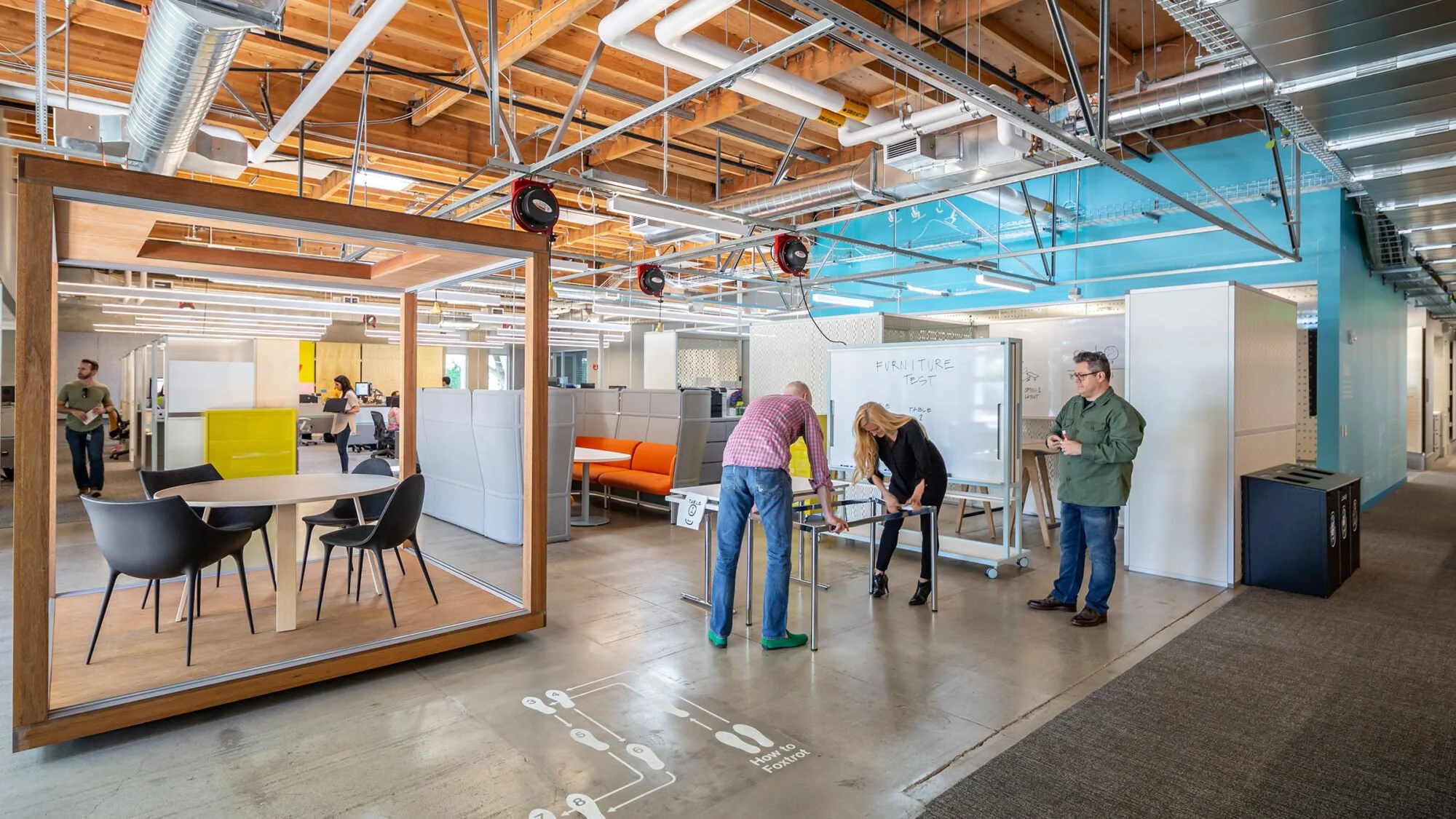How Flexible Workspaces Are Changing the Way We Work
The concept of the workspace has evolved rapidly in recent years, with flexible office environments becoming a key component in how businesses operate. From hot desking to open-plan layouts, the modern office now prioritizes adaptability, collaboration, and creativity. But what exactly makes flexible workspaces so transformative, and why are they becoming essential for modern productivity?
Flexible workspaces enable seamless transitions between different working styles and tasks.
Open-plan layouts provide flexibility while encouraging teamwork and innovation.
The concept of flexible workspaces has transformed the modern office, offering employees the freedom to choose where and how they work. Gone are the days of rigid cubicles and assigned desks; today’s offices are designed to accommodate a variety of work styles and tasks, from quiet individual work to collaborative brainstorming sessions. The rise of remote work, along with an increased focus on employee well-being and productivity, has driven the demand for office environments that can adapt to the needs of both the business and its employees.
One of the key features of flexible workspaces is their ability to accommodate different work modes. Employees no longer need to be confined to a single desk or office for the entire workday. Instead, they can move between designated quiet zones for focused tasks, collaborative areas for team projects, and casual lounges for informal meetings. This flexibility not only improves productivity but also allows employees to work in a way that suits their personal preferences and needs.
At McMillan Business Interiors, we design flexible workspaces that empower employees to take control of their work environment. By incorporating movable furniture, adjustable desks, and multi-functional spaces, we create offices that can evolve alongside the changing demands of the business. Our designs are not only practical but also aesthetically pleasing, ensuring that your office remains a welcoming and inspiring place to work.
The shift toward flexible workspaces has also been fueled by the rise of hybrid work models. As more employees split their time between working from home and the office, companies have had to rethink the traditional office layout. Flexibility has become essential, allowing businesses to reduce unused office space while still providing a productive environment for employees when they are on-site. At McMillan Business Interiors, we help companies create adaptable workspaces that support both remote and in-office work.
In addition to improving employee satisfaction, flexible workspaces also offer significant benefits for businesses. Companies that embrace flexibility can optimize their office space more efficiently, reducing the need for costly real estate while still maintaining a dynamic, functional environment. By creating multi-use areas that can be easily reconfigured, businesses can ensure that their office layout remains adaptable to changing team sizes, project requirements, or business goals. This versatility also allows businesses to scale more effectively, accommodating growth without the need for constant redesign or renovation.
Another key aspect of flexible workspaces is their impact on collaboration and creativity. Open, adaptable spaces encourage spontaneous interactions and brainstorming sessions, fostering a culture of innovation. Employees are no longer confined to static desks, and instead, they can gather in informal meeting areas, breakout rooms, or lounges to share ideas and solve problems together. At McMillan Business Interiors, we design workspaces that promote this kind of fluid collaboration, ensuring that your team has the freedom to work in ways that inspire creativity and innovation.
The incorporation of technology into flexible workspaces is another driving force behind their success. Today’s offices are equipped with advanced communication tools, video conferencing systems, and cloud-based collaboration platforms that allow employees to stay connected no matter where they are. By integrating technology seamlessly into the workspace, companies can enhance productivity and ensure that remote and in-office employees can collaborate just as effectively.
Flexible Workspaces for the Future
Flexible workspaces are the future of productivity, allowing employees to collaborate, innovate, and work in ways that suit their needs. At McMillan Business Interiors, we specialize in designing spaces that prioritize adaptability, ensuring your office is equipped to handle the demands of a modern workforce. Our designs provide the flexibility that keeps your business moving forward.


